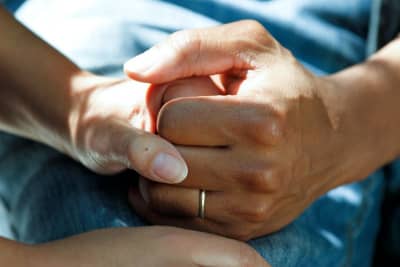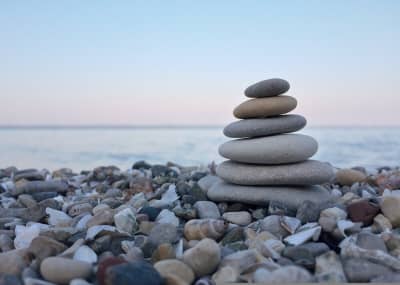If you want to be happy for a week, says the old adage, buy a car. If you want to be happy for a year, then take a wife. If you want to be happy for the rest of your life, plant a garden.
I would never claim to be a gardener. My forte is weeding. I can weed with the best of them, and I have discovered an almost fool proof way of discovering if some unknown bit of foliage is a valued plant or a weed: you simply give it a gentle tug. If it comes up with little or no resistance, then it was a plant. Oops!
But I do love my garden and just at the moment it is glorious. The irises are mostly over, but the peonies are hanging on, the lilac is swamping the whole place with its heady scent and competing with the honeysuckle draped over the wall from next door. The borders are burgeoning with red hot pokers, alliums, foxgloves, snapdragons and the roses are now in full bloom.
I know of no more pleasurable sensation than to bury one's face in the velvety fragrance of a deep red rose, after of course, first checking to ensure no bee has had the same idea!
We tend to think of roses as being quintessentially English, or at least European, and we are familiar with their long history and literary significance, right from the middle ages. There is a story called "Roman de la Rose" written in 1260 by Guillaume de Lorris; a tale about a young man's search for love, using the Rosa Gallica as an allegorical subject of his love. But there are records showing that roses were grown in Egypt as far back as 1300BC.
And roses are hardy. They take the heat and they will stand the cold. They will grow in sub-tropical conditions and in sub-arctic climates too.
They seem to bring people together.
My friend Raz is planting a memorial garden and we were discussing the roses he should plant high up on a windy mountain side. Now I have friends who grow roses in the Philippines and in Arizona, and they have opinions. Raz brought an Italian friend into the discussion (Google Translate is a wonderful thing for non-polyglots like me). Then a contribution from Kamchatka showed up. I didn't even know where Kamchatka is; it's a peninsula on the far east side of Russia, north of the Okhotsk Sea. It is covered in snow for six months of the year and even in summer temperatures reach only 16°C, but yet here too are roses. The warmth of fellowship travelled over with the photographs of people's flowers.
Whether it is the semi tundra of Russia, the deserts of Arizona, an Italian mountainside or my Cambridgeshire walled garden, roses and friendship grow equally well.
The rose question settled, we're now onto violets.
Roses are red
Violets are blue
Both smell sweet
And bring happiness too.
Or something like that.
Mary
A Moodscope member



Comments
You need to be Logged In and a Moodscope Subscriber to Comment and Read Comments